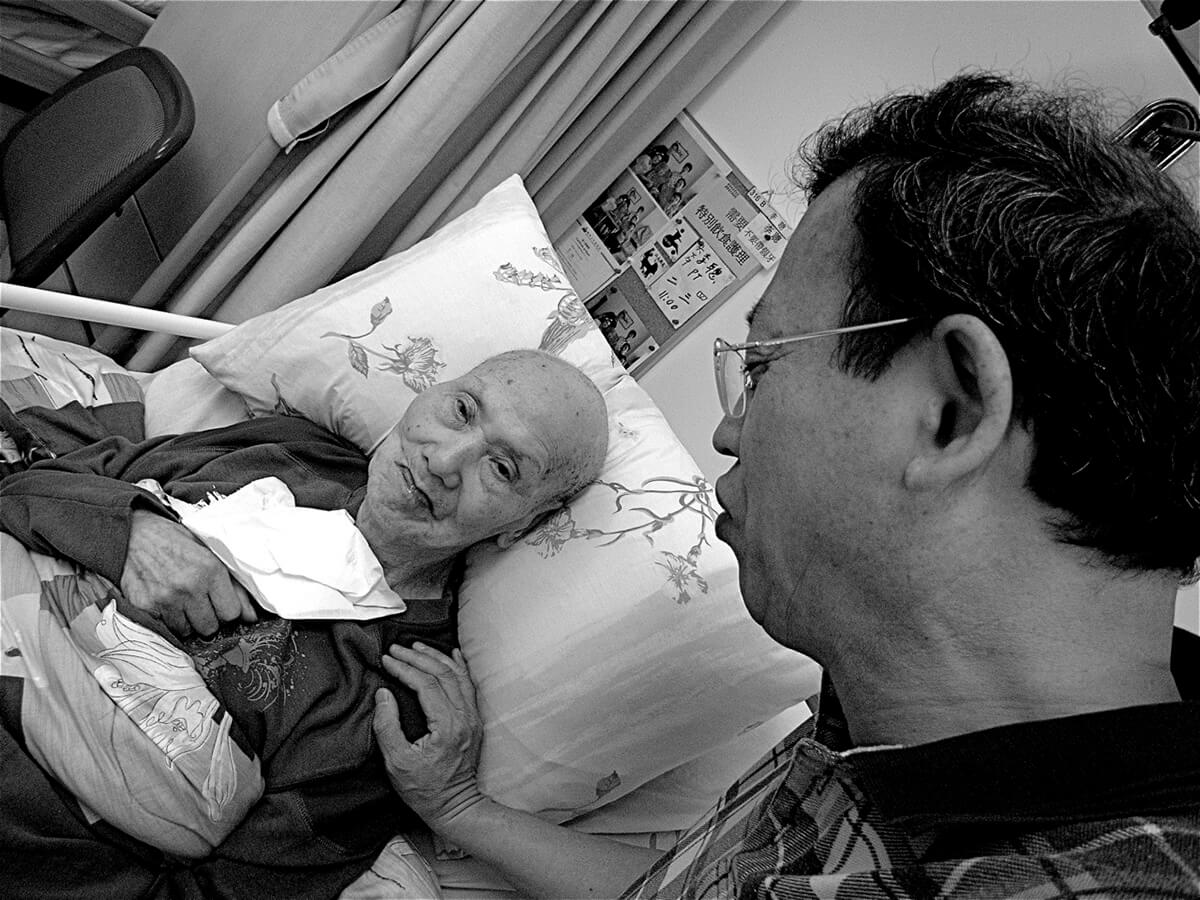Caregiving Basics
In any caregiving situation, there are four basic guidelines
to help ensure that you offer loved ones
the attention and support that they need.

PRAY
Whether before, during or after a caregiving experience, prayer helps ensure that our caregiving reflects the heart of God. In praying before we offer care, we acknowledge our reliance on God’s strength and healing. Prayer in the midst of care directly communicates our support for our friend, reminding them of the comforting power of the Holy Spirit (remember: ask permission to pray with a friend as well as what their prayer requests are). Following up your care with a commitment to continue praying offers additional encouragement and support for the one in need.
LISTEN
Compassionate empathetic listening is a caregiving guideline that is often taken for granted or overlooked, but it’s often the most powerful way you can help a person who is suffering. To listen well you must offer your complete, undistracted attention. You must also commit to hearing more than speaking, resisting the urge to give advice or tell your own story. When you respond, acknowledge the person’s pain and ask clarifying questions. You may also encourage them to name their own feelings, struggles and thoughts.


RESPECT THE GRIEF JOURNEY
Grief is a normal and natural journey by which a person makes a healthy adjustment to any significant loss in his or her life. Anticipating and accepting the emotions a grieving person experiences will let them know you are open and kind, offering room for them to process and feel what is happening for them in healthy ways. Emotions you may observe in a grieving friend include shock, denial, depression, anger, fear and bargaining. As you welcome and listen to these emotions without managing them or offering tips and advice, you help a grieving person journey towards acceptance. Remember: stay present and gracious as you engage the wounded’s grief.
PRESERVE THE DIGNITY
“Human dignity” can be defined as one’s self-worth. Our caregiving should not diminish a person’s feelings of self-worth/self-respect. Whether we care for a co-worker who is going through a divorce, a friend who has cancer, or for a spouse or parent–we need to remember that the person is first of all a child created by God. So engage their thoughts, feelings, struggles and dreams in light of that truth. When you wonder how to respond, ask yourself what you would want done to you in that same situation.

Explore Articles on Caregiving Basics

Listening Someone to a Solution
Guest post by Rodger Price, Executive Coach Have you ever noticed that you can “listen someone into” a great solution? I know the grammar of that sentence isn’t that great, but I really like that...

Don’t Talk Down to the Elderly
Letty Pogrebin in her book, How to Be a Friend to a Friend Who’s Sick, gives advice on how to care for a sick friend. Her advice can be applied to all caregiving situations. One of her suggestions...

Tips from a Young Widow: How to Help Those Who are Grieving
Debbie was a stay-at-home mom of four young boys when her husband passed away unexpectedly. At 35, she was thrust into widowhood. “In an instant, my worst fear became my reality. An unchangeable...

Six Tips For Helping Those Who Grieve
How can you go about helping those who grieve? Megan Devine, grief advocate and author of, It's OK That You're Not OK says that many people are uncomfortable with bereavement. “Grief is a natural...

Walk and Talk
I was depressed. I could not get myself to do what I knew would help me. If you are seeking creative ideas, go out walking. Angels whisper to a man when he goes for a walk. ~Raymond Inmon I knew...

Groceries Delivered With A Smile
When I was ill with a terrible cold—the kind that makes you feel miserable and you can barely move your body from one room to another—a friend called and said, “I am at the grocery store, what may...
